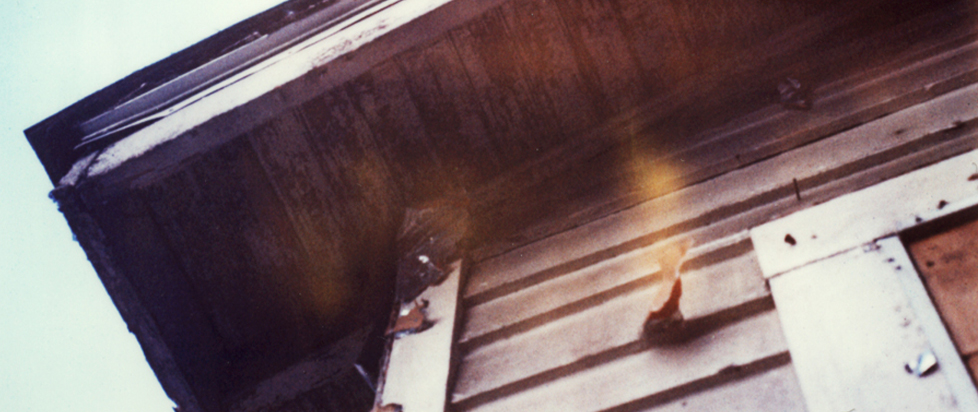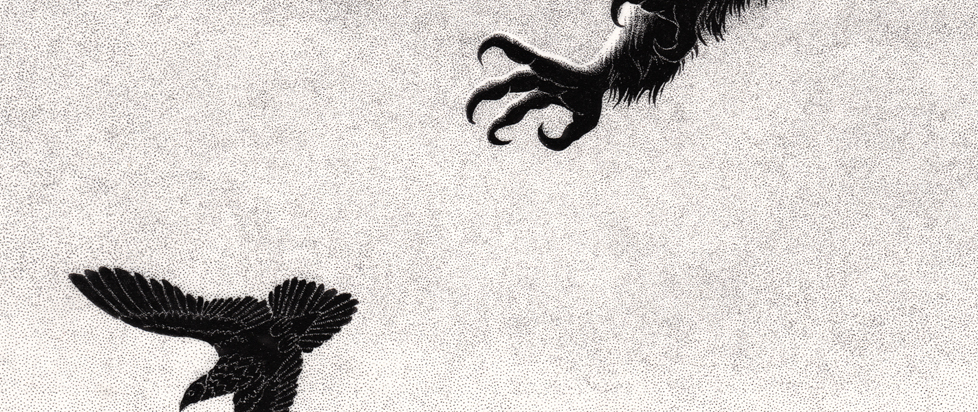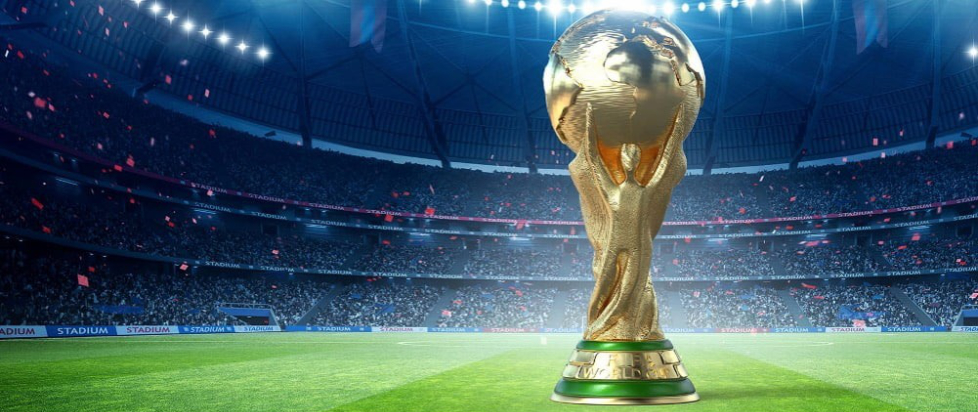
Athletic Feats of Narrative
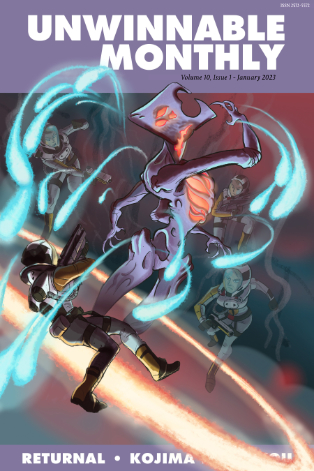
This column is a reprint from Unwinnable Monthly #158. If you like what you see, grab the magazine for less than ten dollars, or subscribe and get all future magazines for half price.
———
Interfacing in the millennium.
———
It seems appropriate, in this new year, that I start by shaking things up a bit. This is nominally a column about art, and about how we consume art in the world today. I haven’t been doing that much lately. Instead, I’ve been watching sports.
Sports aren’t art, by which I mean they’re not intentionally constructed by a person or a group of people in order to convey an idea. They are a story, however, in the sense of history more than narrative: meaning is constructed in layers, first through experience and then through reflection, trying to make sense of the things we’ve seen. It’s that first element – experiencing a story as it happens, one where an ending hasn’t been decided – that gives sports their fun and their nerve. Witnessing something extraordinary is always a thrill, and sport is where we go for that, democratically, to sit in stands or in bars or on couches across the world and watch together.
An endeavor made more complicated by the current state of affairs, of course. Year three of a pandemic. Breathing air in the same space as other people is a loaded act lately. I couldn’t look at a single picture from the World Cup last month without thinking, Wow, not a mask in sight. It was hard to bat away the anxiety enough to have a group of semi-familiar friends over for the final; or, if you look at it a different way, my desire to not be alone at that moment was strong enough that I let my defenses drop.
Our context informs our viewership. This World Cup in particular was a shitty distraction from any sense of (inter-)post-pandemic nihilism. From its inception, the whole thing was a grand tribute to FIFA’s corruption and the rubber-spined suits of the world. Any amount of death and misery is acceptable as long as it makes the right people money – sound familiar? The many miracles of the tournament, the genuinely riveting moments of sporting magic and the fangs-out bloody battles that made it such a spectacle seemed at odds with the strange, muted atmosphere of the thing itself, how no one could quite tongue out the lie that things were just as they’d always been. No one felt good about Qatar 2022. There are quite a lot of things no one feels good about these days. And yet, all around the world, people turned on their TVs.
Here’s the story I wanted to see. I’m an Argentina fan, but in the fickle manner of the non-native – I haven’t followed the team closely since their back-to-back final losses in 2015 and 2016, which were too much for my weak stomach. Like millions of other people around the world, I love watching Lionel Messi play. I felt that he deserved to get what he wanted. Everyone knew it would be his last World Cup, and it seemed like it would be a nice one for him to win, surrounded by a young team who loved him and who played prettier than they used to in the bad old days. I didn’t want a boring repeat win by France, the favorites; I didn’t care about it coming home to England or the US finally doing something of note in the men’s game; I like Brazil, but I figure they’ll get it again in the near future anyway. So why not Argentina? Why not throw Messi, eternally beloved, a man who’s got everything else in the world, this one little bone?
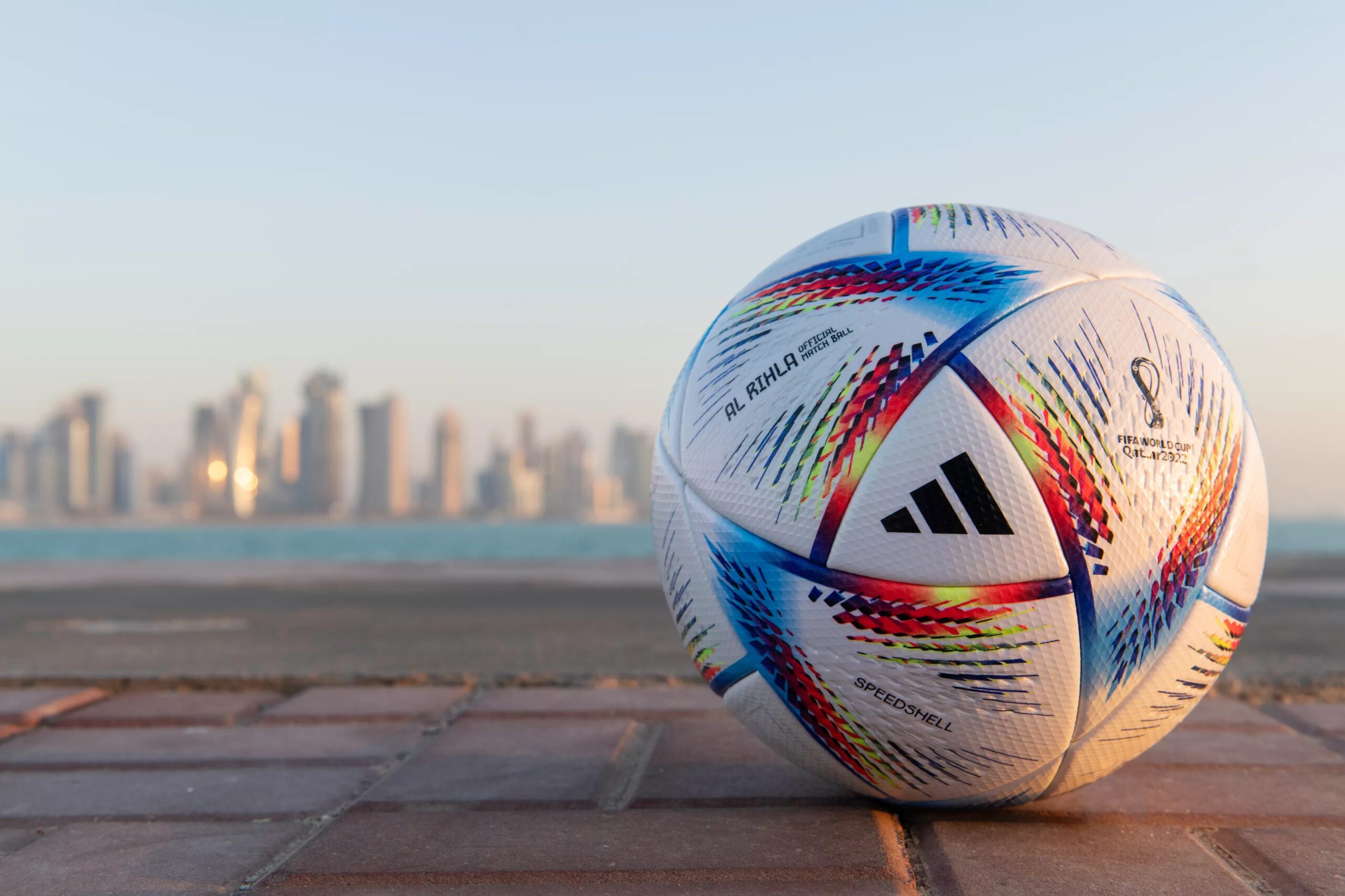
As Brian Phillips wrote eloquently in his final roundup, we tell ourselves stories to live. I felt that, during this tournament, as the infinite fracturing futures of my team split out in front of me. An introductory loss against Saudi Arabia spelled the comedic hand of fate, the laughing, fickle sense of humor of some unknown god. The comebacks against Mexico and Poland were the rearing head of a beast that had been sleeping. Martínez’ last minute save against Australia, Mateu Lahoz’s ten minutes of extra time against the Netherlands; the pendulum swung forward and then back. There’s nothing less gray than the knockout stages of a tournament. You win or you lose. So does everyone else.
That’s the world now. We live in unprecedented times! Nothing’s just been alright since March 2020: things feel very good, or they feel very bad. The good moments are a wild triumph, an outsized victory, some moment of happiness I feel I’ve personally stolen for myself and the people I love; the bad ones are confirmation that fate is cruel, that the universe doesn’t care about us, that joy was for different people in a different time.
I don’t know if I believe the world is a more terrible place than it used to be. I think every generation has borne the pressures of modernization in different ways, and I think everyone fears that the best is behind them, that things only get worse from here. We see more of the bad parts of life than we used to, that is certain, and the scope and scale of indignity looms like a wave, always on the precipice of crashing down and swallowing us – no wonder we feel dwarfed – but we see the good things, too. Somewhere out there, every day that we’re alive, our stubborn little species is finding a reason to celebrate.
Every story doesn’t end well. It’s easier to go back to art, where things happen for a reason. But life? Sports, politics, family, relationships? In this world, the one we live in now, the cruel one? No one’s writing the ending. There’s no structure to follow, no author to trust. It’s back to the funny little script of fate. The ball goes in, or it doesn’t. The good thing doesn’t happen . . . or it does.
———
Maddi Chilton is an internet artifact from St. Louis, Missouri. Follow her on Twitter @allpalaces.



